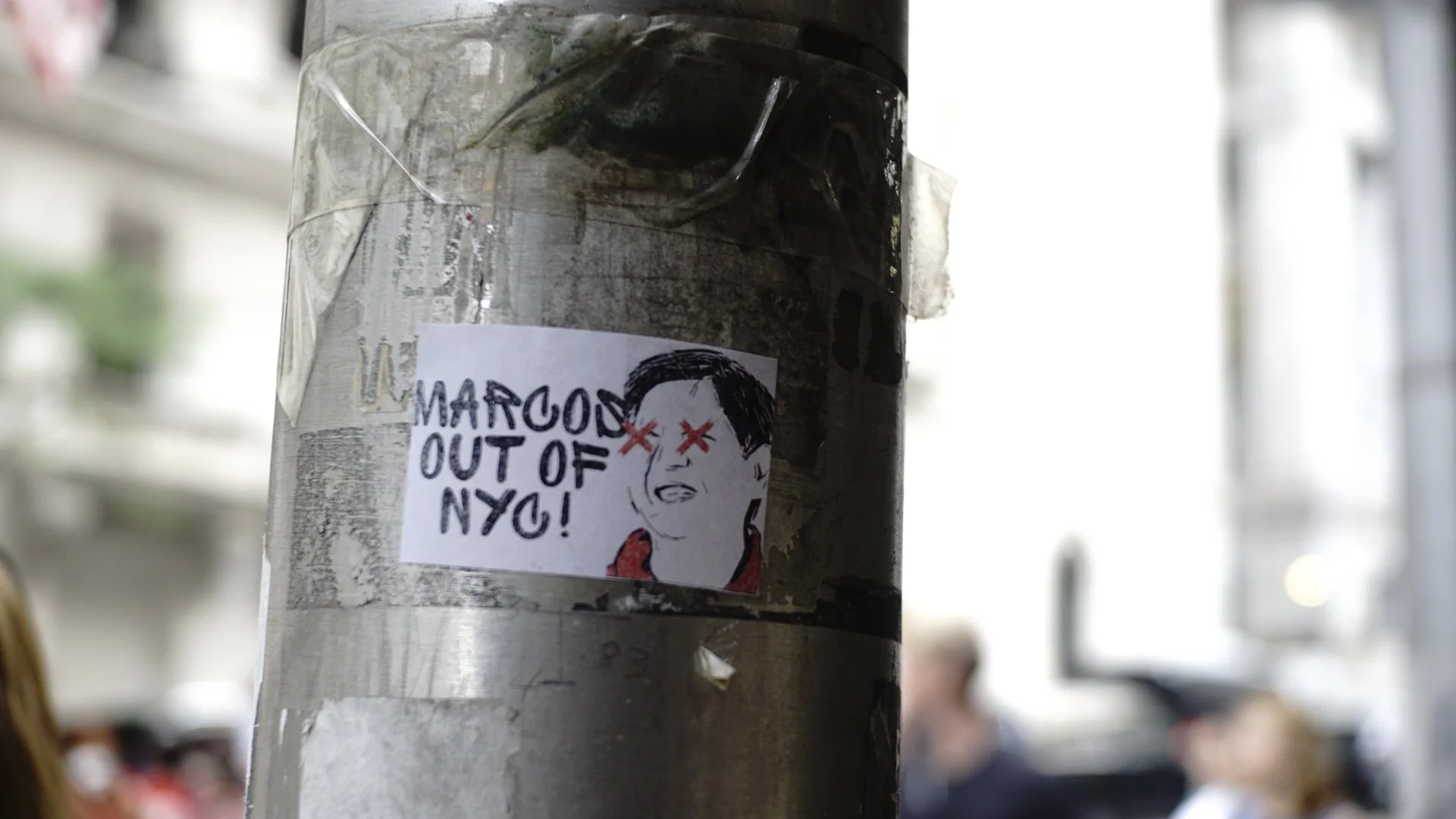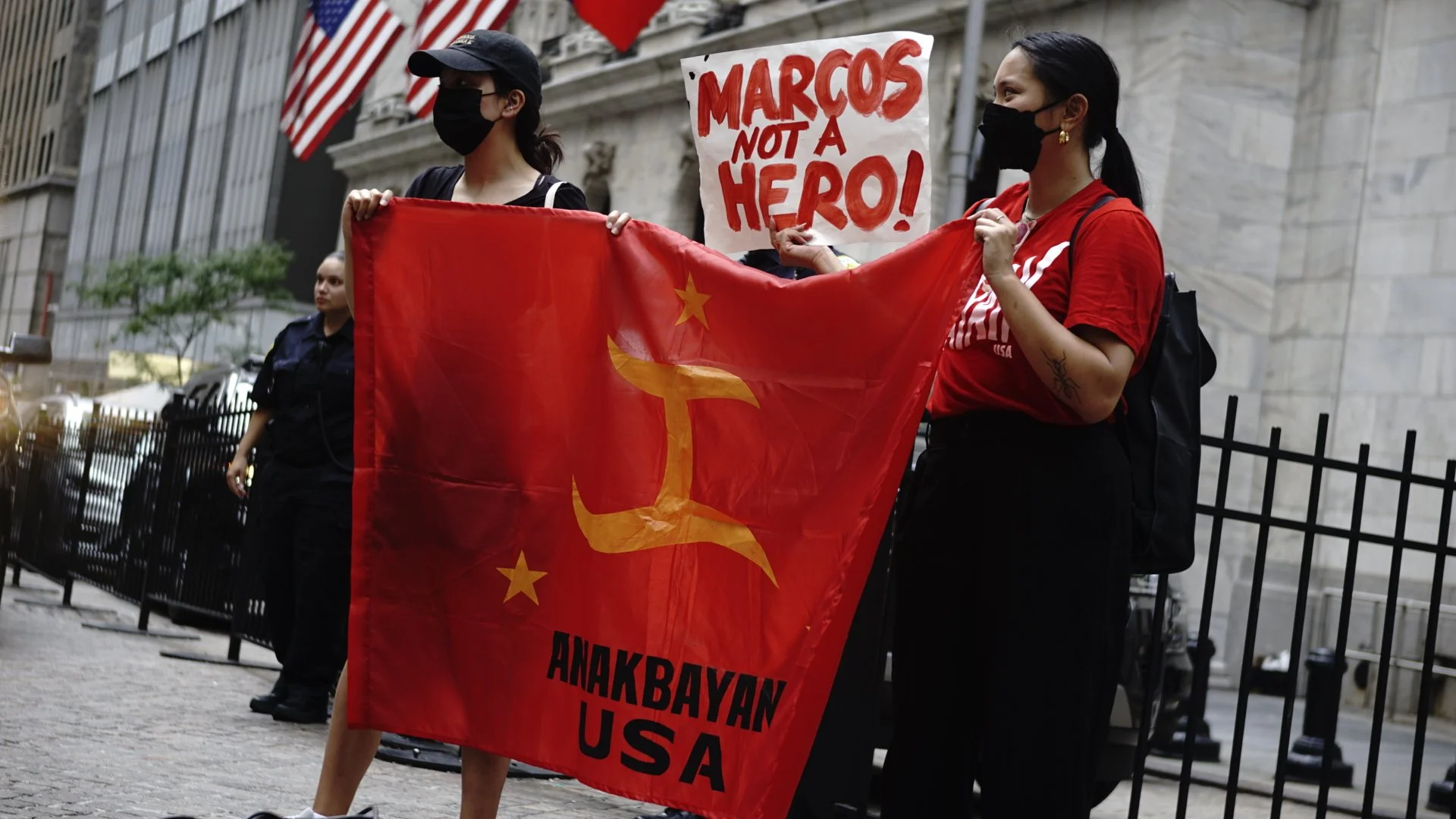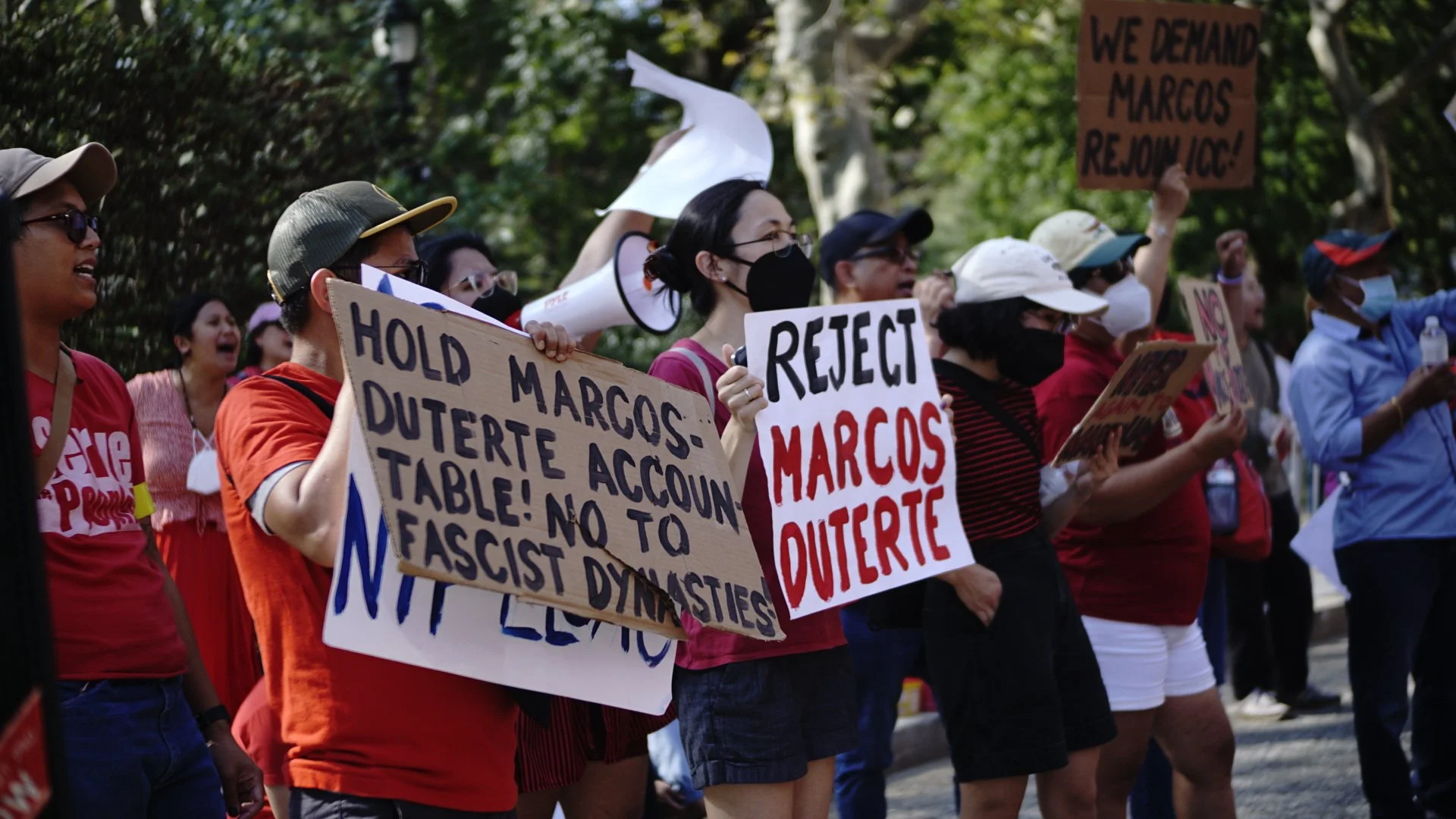OP-ED: "Never Forget: The New Generation of Activists Confronting the New Marcos Regime"
WRITTEN BY: ADRIAN BONIFACIO
“He was the best public speaker,” my mother remembered fondly.
It was not the response I had been hoping for when I asked how it was living under Ferdinand Marcos’ martial law. I was in my third year of college, enrolled in a class studying Philippine history and its connections with the Filipino diaspora. I had also recently joined Anakbayan-USA, an overseas chapter of a grassroots youth organization whose origins take root in the long history of anti-fascist struggle in the Philippines. Needless to say, after the gruesome details I learned about the Marcos dictatorship from these spaces, Marcos’ eloquence was not the first thing that came to mind when thinking about his more than 20-year reign.
In hindsight, however, my mother may have had a point. The Marcoses have excelled in public speaking; it’s just that the goal of their rhetoric has been to distort facts and revise history. After all, 50 years following the declaration of martial law, the narratives that have saturated public consciousness are the “golden years” under Marcos, not the tens of thousands of people extrajudicially kiled, arrested, and tortured. The roads and infrastructure built, not the plundering of billions from the national treasury that were supposed to pay for it. The hope for a new Marcos who would bring unity to the country, not the culpability of the family in dividing the country even further between the rich and the poor.
Ferdinand Marcos Jr.—the son of the late dictator—claimed the highest seat of power this past May in arguably one of the dirtiest elections in Philippine history. Already, we see the dangerous continuity between the administrations of father and son. Under the guise of a “Unity Budget,” Marcos Jr. plans to continue prioritizing funds for debt servicing, counterinsurgency, and the financial gain of the few. This amounts to staggering figures of over 11 percent of the national budget going toward debt payment, P28.9 billion for the National Task Force to End Local Communist Armed Conflict—an agency notorious for red-tagging even former Vice President Leni Robredo—and over P621 billion in easily-corruptible presidential “pork barrel” funds.
And while Marcos Jr. has not declared martial law, political repression remains a staple for the new administration, with over 800 political prisoners currently behind bars; the disappearance and arrests of Indigenous activists like Steve Tauli and the Pangadas brothers; the rearrest of Adora Faye de Vera, who was originally detained, tortured, and raped under Marcos Sr.’s martial law; as well as Marcos Jr.’s intent to continue former president Rodrigo Duterte’s war on drugs.
The studies I had in college and with Anakbayan on the Marcos regime are now blending with the present day. But on the opposite side of this dark history is the courageous people’s fight that toppled a dictator. This is the truth that we young activists—together with our elders—must bring to the fore, especially as the Marcos Jr. administration goes all-out to defend the martial law years.
Today’s generation of activists are stepping into a pivotal moment of history. We have the responsibility to learn the lessons from the decades-long fight against the Marcos regime and bring them to the current day: the militant street protests of Kabataang Makabayan and other organizations in the First Quarter Storm in 1970; the radical vision of the Diliman Commune in 1971; the linking of arms between the youth and the working class exemplified by the La Tondeña strike in 1975; the unshakeable solidarity of Filipino American labor leaders Gene Viernes and Silme Domingo, who were martyred by the Marcos regime in 1981; and, of course, the broad unity forged in the People Power Uprising in 1986.
We are not starting from scratch. Even when Marcos Jr. was on the campaign trail, Anakbayan-USA, together with people’s organizations from across the US, launched national days of action to protest the Marcos dynasty’s return to power. After he won, we united again under a manifesto to reject the regime, and held mobilizations marking his inauguration and first State of the Nation Address. Now, in anticipation of the 50th anniversary of Marcos Sr.’s martial law declaration on September 21, as well as Marcos Jr.’s visit to the US for the United Nations General Assembly this month, we are once again mounting national protests.
We know that so much more needs to be done to strengthen and grow the mass movement fighting against historical revisionism, and for genuine democracy in our homeland. But that work begins with our making the choice today to remember, to say never again, and to fight. So that when future generations ask, “How was it under Marcos Jr.?”, we can answer with the truth.
Adrian Bonifacio is the National Chairperson of Anakbayan-USA. To take action for the Martial Law at 50 Commemoration, visit https://www.neveragainneverforget.org/.





